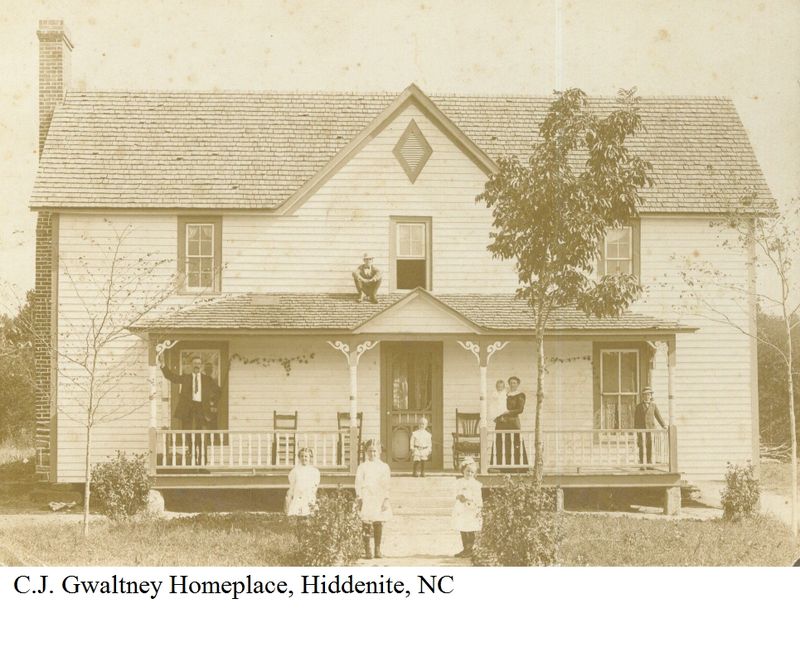William Gwaltney--Generation 2
William Gwaltney (c. 1655-1732)
Like his father, William also was primarily a farmer. He did receive some education because it was stipulated in the marriage agreement between Martha and her third husband Captain Thomas Pittman that William Gwaltney "may have to years scoling (two years of schooling)".
William apparently married his first wife and had two daughters and his oldest son, Thomas. Upon his first wife's death, he married a young lady, Alice Flake, the daugher of Robert and Elizabeth Marriott Flake. In 1678 he was named on the Surry Co. Tithables list, which meant he was old enough and had sufficient wealth to be taxed by the colony for its support and possibly the support of the Anglican church. In those days, whether you were Anglican or not, many still paid "tithes" to support the church. Apparently, William was not crazy about being on the Tithables List for on July 13, 1679, the sheriff was authorized to collect William's tithables or else seize his property. He was fined for refusing to take the constable's oath.
Other records show that William was appointed by the court in 1686 to survey highways, he was named a horseman in the militia in 1687, and in 1696 he watched his boys be named in his father-in-law Robert Flake's will. He had three sons, Thomas, William, and John Gwaltney. Two of them, William and John were deeded 450 acres by Robert Flake, their grandfather. Since young Thomas was not the offspring of William and Alice, he was not named in the Flake will; however, as oldest son, he would inherit his share of his father's assets.
And William did have some assets. In 1704, it is noted that he had a farm of 400 acres (he was able to acquire 200 more acres than he had received from his own father). I am assuming all this ground was still in the area of the east side of the Main Blackwater Swamp in Surry County.
By 1732, William had passed away, for on March 2, 1732 his will was probated. His oldest son, Thomas, apparently proceeded him in death as he is not mentioned in the will that was actually made in 1728. He divided his goods between sons John and William, a married daughter Ruth Gwaltney Petway, and his grandson, Thomas Gwaltney (son of William's oldest son, Thomas, who had preceeded Father William in death) and to his two daughters who were unmarried at the time, he gave charge of his 400 acre plantation so long as they remained single.
William Gwaltney (in a nutshell)
His children:
1.Ann (c. 167? to 1728). Married a Boykin.
2.Thomas (c. 1678 to before 1728)
3.John (c. 1680? to 1752)
4.Katherine (born 1683)
5.Ruth (born 1685) married a Petway
6.William (1689-1752)
7.Mary (born 1695)
8.Martha (born 1697)
